
Sun, 2024/01/21

Sun, 2024/01/21
Research Progress on the Interaction Mechanism between Bunyavirus and Host
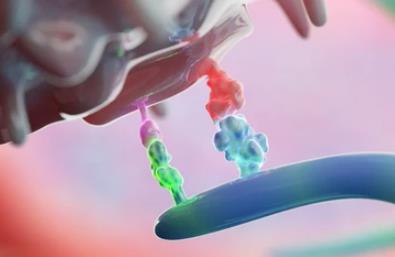
Tue, 2024/01/02
The Reasons for The Therapeutic Effect of CTLA-4 Inhibitors Being Sluggish
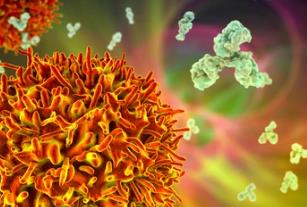
Tue, 2024/01/02
Protein IKAROS Regulates the Development of B Cells

Tue, 2024/01/02
New Research Has Found Biomarkers for Predicting the Risk of Human Cell Aging and Death
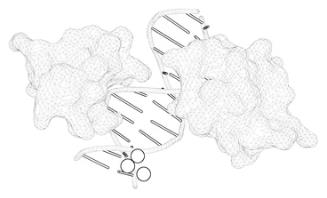
Tue, 2024/01/02
MSL2 Ensures the Expression Mechanism of Mammalian Biallelic Genes
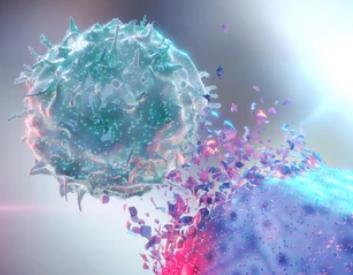
Mon, 2023/12/04
Themis2 Can Regulate Natural Killer Cell Immune Memory
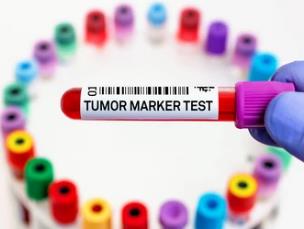
Mon, 2023/12/04
The Regulation of Cancer Stem Cells and Its Implications for Targeted Cancer Therapy
